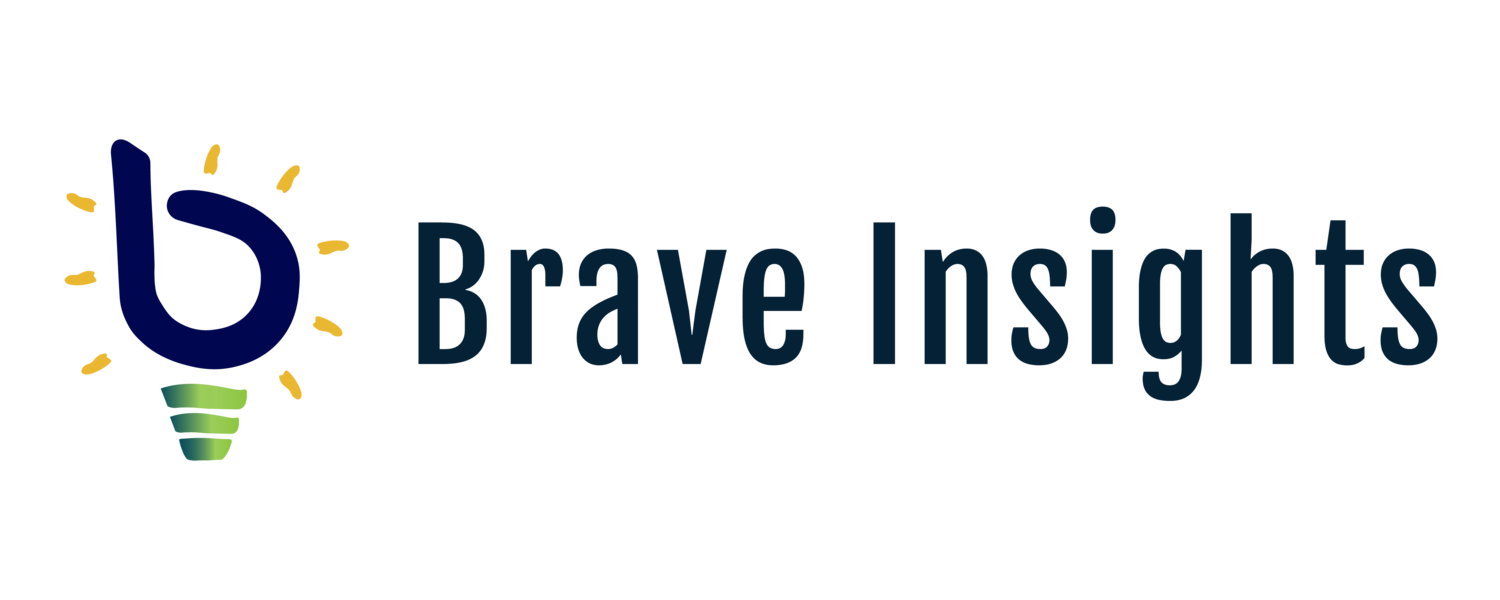Coaching Lessons from Tiny Leaders
This weekend, whilst teaching Mia (5 yrs) how to ride a motorcycle for the first time, I was struck by the incredibly positive impact of her brother's (Harrison, 8 yrs) communication throughout the learning process.
From the moment we pulled out the bag full of protective gear (a little different from the stack-hat and gumboots I used to wear), Harrison stepped into leadership, leveraging his own experience to guide the conversations, yet trusting that Mia had the ability to find her way without anyone taking over.
He started by prompting "Mia, you have shorts on. What clothes do you think we need to wear to be safe when we ride motorbikes?". Mia, glancing down at the duffle bag full of riding pants and kid-sized body armor, quickly noted that she needs more protective clothing and a helmet as she hurried to change. These small nudges and probing questions continued throughout the day, and as Mia started to get the hang of riding, the conversation evolved further.
As one might expect with a new and somewhat risky skill, Mia had a few spills throughout the day (thank goodness for all of that body armor!), none of which stopped her from persisting. This persistence I attribute largely to Harrison's coaching. No one asked him to step into this role, he saw a unique leadership opportunity and he took it, balancing challenge and support to enable progress.
When Mia fell, Harrison would stop his bike, check that she was okay, give her a cuddle, pick up her bike (which is too heavy for her) and kick start it. What really struck me was the pattern of behaviour that followed this support. Before Harrison let Mia take off riding, he would ask her "Now Mia, what happened that made you fall?". Mia would respond with "the ground was too bumpy", or "I was going a bit too fast", or "I was looking down, not where I wanted to ride". Harrison would acknowledge her response "Yeah, bumpy bits are hard", or "I sometimes do that, I look at my wheel not the track", before following with "okay, so what are you going to do differently now?", to which Mia would find a solution appropriate to her current struggle. As she rode off, Harrison called out little encouragement and reminders, "That's it, keep looking up!" or "Good job, nice and slow, slow is hard work!" as he took off next to her.
Within 2 days, Mia had learnt to ride so well that she was doing laps of paddocks and navigating sharp turns, with her brother's encouragement, fist bumps and support following closely behind every snag she hit and every achievement she made. As she got better and more confident, he gave her more space, riding off on his own and coming back intermittently, or inviting her to follow his tricky turns.
What can we learn about coaching on the fly from this little leader?
These two are evidence that coaching on the fly really works, even out in the field… or paddock as it would be.
Effective coaching is a balance between challenge and support.
Harrison did a few things that helped Mia excel well beyond the support we could have provided from the sidelines. Small, impactful things that we can replicate with our teams, especially as they lean into new skills:
Check in: Identify where they are at. What is it that this person needs from you right now? What part of this task do they need support with? The motorbike was just too heavy for Mia to pick up. It won't always be, but right now it isn't the most effective use of her time or energy to try to lift it. Is there something that is actually beyond your team's current capability?
Acknowledge what is going on: It's challenging. Learning new things is hard. Especially as an adult, it can be hard to admit that we don't know, that we are frustrated, and that it is hard. Your acknowledgement might remove some of the frustration and help your team move forward faster.
Challenge in service of progress: Ask questions to help them figure out what went right, or what went wrong. What do we need to learn or do differently next time? If it comes from you, they might listen, if it comes from them, they will learn.
Encouragement and guidance: Where needed, stick close and provide encouragement, nudges and guidance. Knowing you have their back helps teams manage the pressure of the new things they are leaning into. It gives you the chance to course-correct early in the piece, and gives them the safety of your nudges and coaching along the way. As they gain confidence and capability, you can continue to step back.
Trust in their ability to find the answers: Last, definitely not least, trust that they can do it, they can figure it out. Without trust, you risk creating a reliance on you for the answers. Building this trust, asking questions to help them find their own answers provides room for self-directed development.
Anyone, at any age, in many situations, can coach! If Harrison can learn to support development and growth by coaching on the fly, I'm confident all leaders (and team members) can too. Next time you see the opportunity, why not give it a try?

